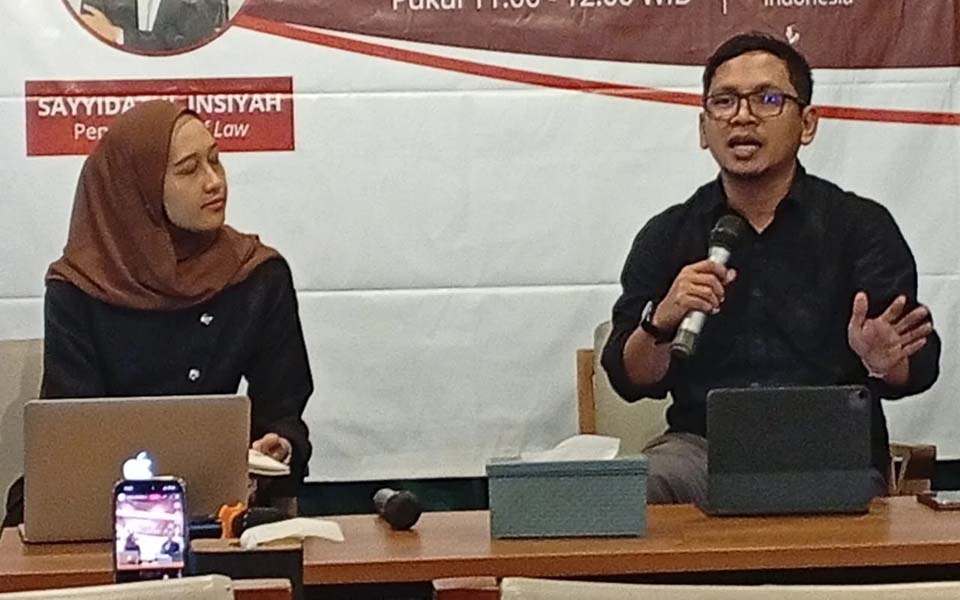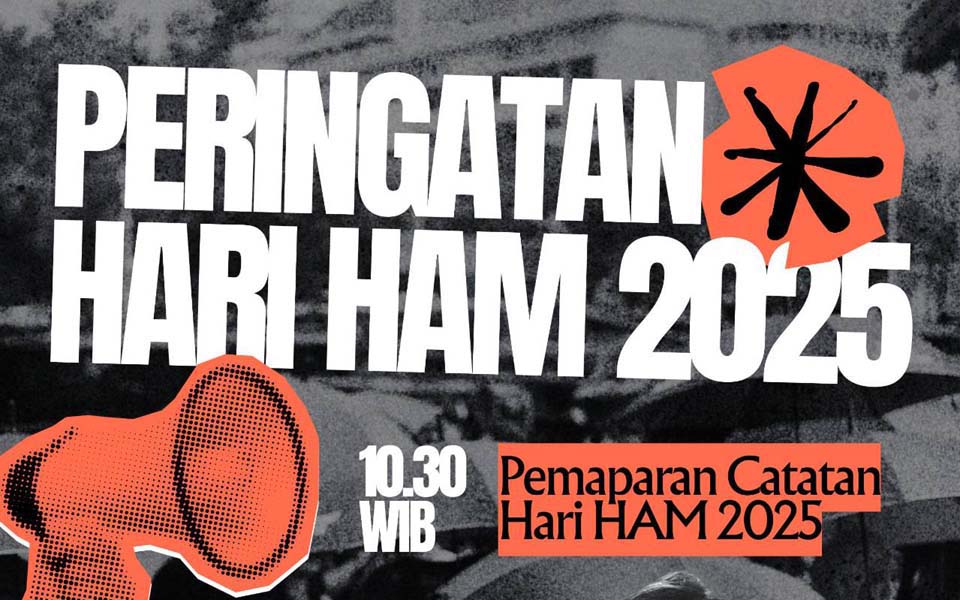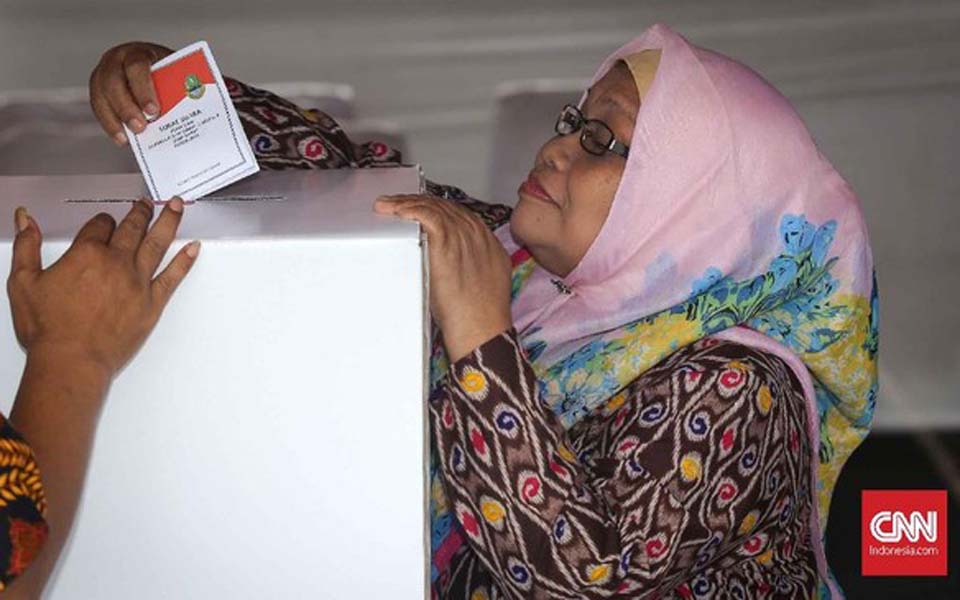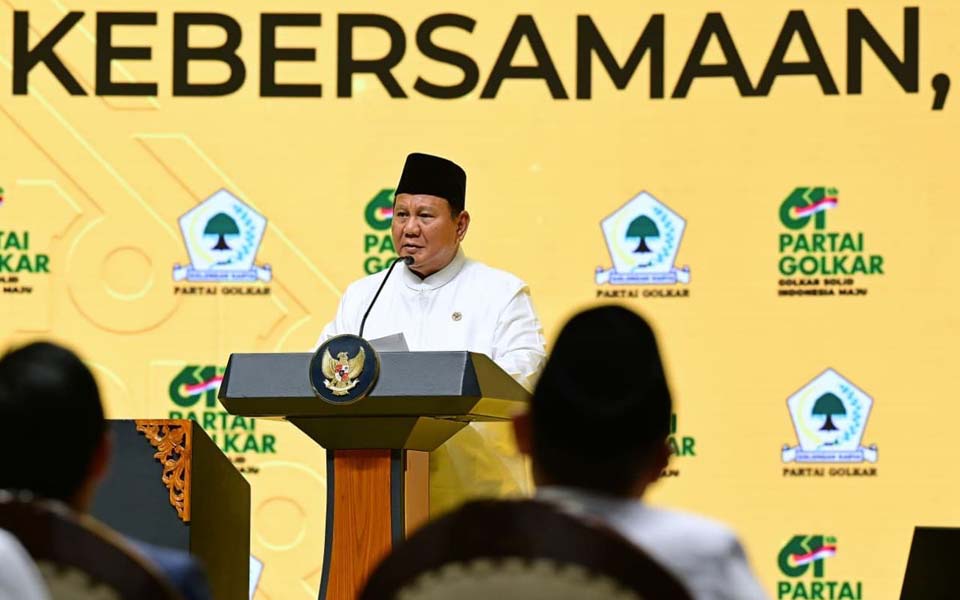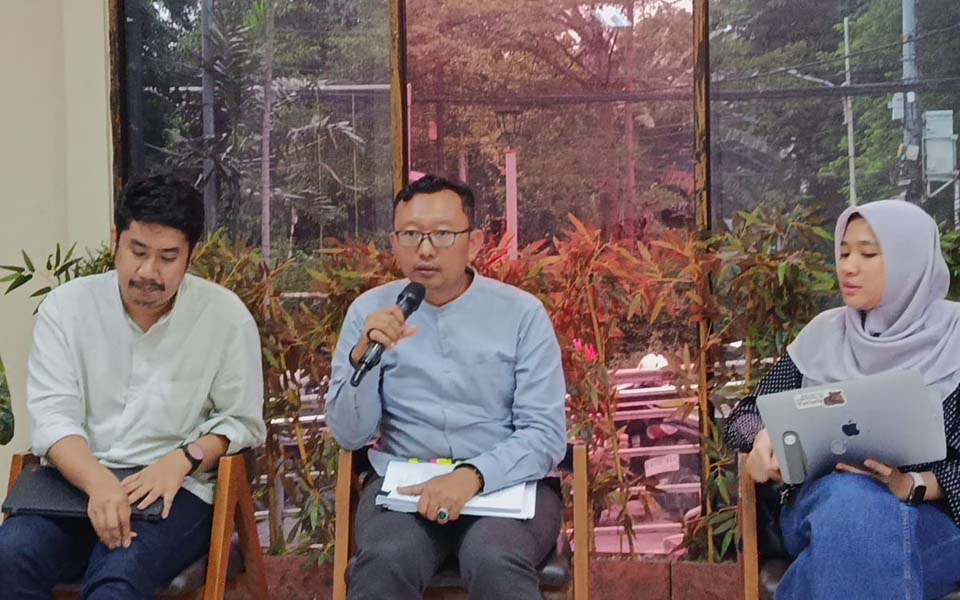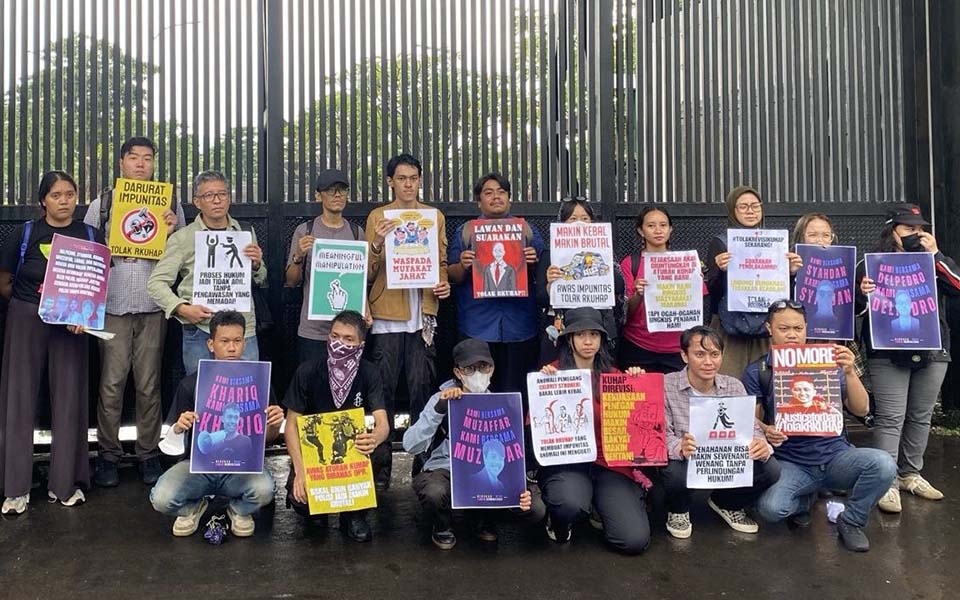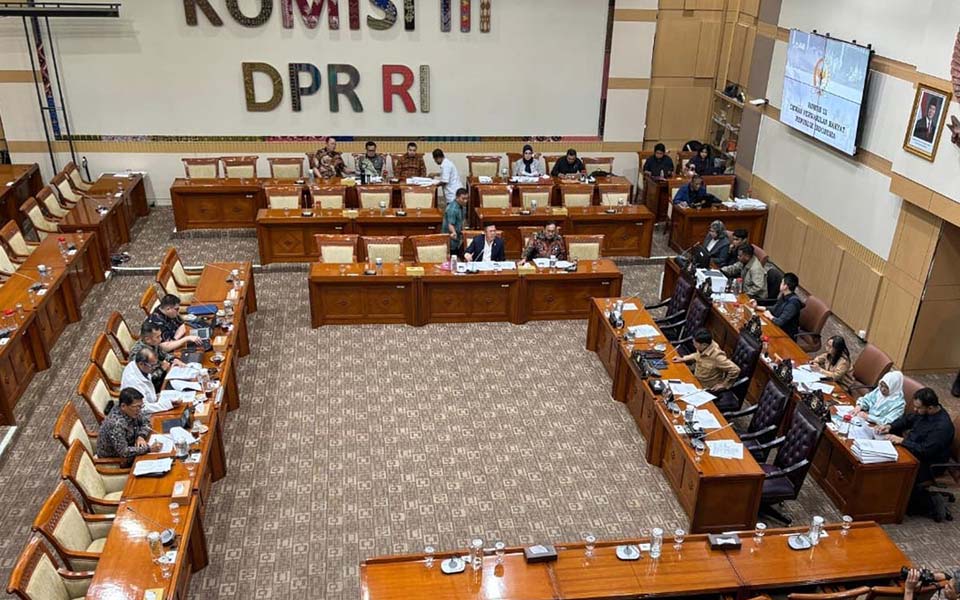Ardito Ramadhan, Jakarta – Academics from scores of tertiary education institutions across the country have expressed their opposition to the Draft Omnibus Law on Job Creation which was passed into law by the House of Representatives on Monday October 5.
In responding to questions, Padjadjaran University professor of constitutional law, Susi Dwi Harijanti, questioned why the government and the DPR enacted the Omnibus Law without considering the public’s wishes.
“Did they indeed not want to listen to our voices, the voices of the ordinary people as the holders of sovereignty in this country? Who is this Omnibus Law on Job Creation actually for if they don’t listen to the ordinary people”, asked Harijanti during a virtual press conference on Tuesday October 7.
Harijanti said that the drafting of laws should consider the public’s wishes because laws are a way for the ordinary people to determine how their country is regulated and organised.
Harijanti believes that the DPR and the government rushed to finish the drafting of the Omnibus Law through to its enactment which was done in the middle of the night.
According to Harijanti, this will change the public’s perception of the DPR and the government’s performance in creating legislation. This is because the DPR and the government are usually slow in making laws that are considered important by the ordinary people and the deliberations into which are often postponed.
“Why did the enactment of the Job Creation law whose procedures and contents as related earlier attracted so many problems have to be rushed through even to the point of impinging on the time off of the respected House members and ministers?”, asked Harijanti.
Harijanti said that many scientific studies criticised the Omnibus Law yet this was ignored by policy makers. Because of this, she highlighted public participation which is mandated under Article 96 of Law Number 12/2011 on the Drafting of Legislation.
Aside from failing to consider the public’s wishes, Harijanti said that the Omnibus Law also violates constitutional stipulations, one of which is regional autonomy which has been reduced. “The role of regional governments will thus be abrogated. Jakarta will become too strong”, she said.
Harijanti also highlighted workers’ rights and the environment which are ignored by the Omnibus Law.
On these grounds Harijanti conveyed a message to President Joko “Jokowi” Widodo and the members of the DPR to listen to the ordinary people’s voices that reject the Omnibus Law.
“We hope that the respected gentlemen, ladies and others who were involved in the formulation of the Omnibus Law sincerely listen to our voices and objections. We, the ordinary people of Indonesia”, said Harijanti.
Meanwhile the professors and academics who conveyed this view came from scores of higher education institutions including the Samarinda State Institute of Islamic Studies, the Bogor Agricultural Institute, the Bandung Institute of Technology, the Jentera Indonesian Advanced Law School, the Bandung College of Law and the Amalong Samarinda College of Law.
Then the Airlangga University, the Semarang 17 August University, the Yogyakarta Ahmad Dahlan University, the Andalas University, the University of Bengkulu, the University of Brawijaya, the Bung Hatta University, the Borneo Tarakan University, the Cendrawasih University, the Yogyakarta Cokro A Minoto University and the Diponegoro University.
The Yogyakarta Gajah Mada University, the Halueleo University, the Surabaya Hangtuah University, the Hassanudin University, the Isan Gorontalo University, the University of Indonesia, the Yogyakarta Indonesian Islamic University, the Alaudin Islamic State University (UIN), UIN Jakarta, UIN Yogyakarta and the University of Jember.
The General Sudirman University, the Jakarta Atma Jaya Catholic University, the Sugiapratana Catholic University, the Lampung Mangkurat University, the University of Lampung, the University of Mataram, the Maritim Raja Ali Haji Maritime University, the Malang Independence University and the University of Mulawarman.
Next, the Jakarta Muhammadiyah University, the West Sumatra Muhammadiyah University, the Surakarta Muhammadiyah University, the Surabaya Muhammadiyah University, the Muhammadiyah Luwuk University, the Yogyakarta Muhammadiyah University and the Bogor Ibnu Chaldun University.
The Jakarta State University, the Padang State University, the Semarang State University, the Yogyakarta State University, the Nusa Cendana State University, the Jakarta Veteran National Development University, the Palangkaraya University, the Padjajaran University, the Pontianak Panca Bakti University, the Pattimura University, the Parahyangan University and the Paramadina University.
The University of Riau, the Sultan Ageng Tirtayasa University, the Syahwal University, the Tadulako University, the Trisakti University, the Madura Trunojoyo University, the Purwokerto Wijayakusuma University, the Surabaya Wijayakusuma University, the Samarinda Widya Gama Mahakam University and the Widya Mataram University.
[Translated by James Balowski. The original title of the article was “Akademisi: Untuk Siapa UU Cipta Kerja jika Rakyat Tidak Didengarkan?”.]







